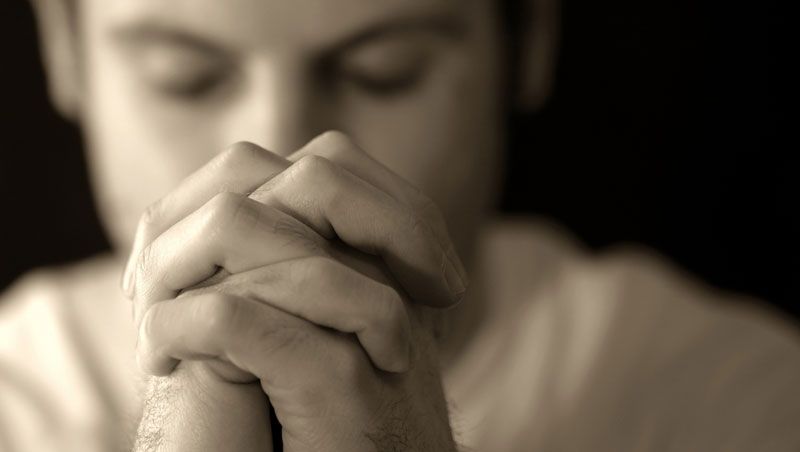Supernatural Experiences May Boost Religious Giving

People who report having supernatural experiences — such as being healed, speaking in tongues or hearing God's voice — are more likely to give money to religious organizations, and the more religious certainty people have, the more they are willing to give, according to new research.
The study's author, Katie Corcoran, a postdoctoral fellow in Baylor's Institute for Studies of Religion, based her research on social exchange theory, which assumes that individuals will pick the option that will benefit them most when faced with a business decision, whether buying a something on eBay or choosing a restaurant.
Factors like trust, reputation and familiarity typically increase the likelihood of a transaction. And there are parallels to how these exchanges play out in the religious arena, Corcoran said. [The 10 Most Controversial Miracles]
"You can't empirically verify the existence of God, but mystical experiences are believed to be empirical signs of God, of having some sort of interaction with the divine," Corcoran explained in a statement "For some people, that can be a conscious exchange, for others an unconscious one. If you think God exists, you're more likely to give."
Corcoran looked at two surveys (one from 1988 and one from 2007) in which respondents answered questions about how much they gave to religious organizations and their religious experiences. She found that those who gave to religious organizations were more likely to claim they had a supernatural experience. Some said they had been called by God to do something; others said they were protected from harm by a guardian angel; still others said they witnessed a miraculous healing.
One factor that could influence religious giving is whether or not a person belongs to a "high tension" congregation. These religious organizations, which include certain evangelical Protestant Christian groups, have values that tend to conflict with those of mainstream society.
Previous research shows that evangelicals give more of their income than mainline Protestants and Catholics, Corcoran noted, and her study suggests evangelicals have less religious doubt than other people, which increases their giving.
Sign up for the Live Science daily newsletter now
Get the world’s most fascinating discoveries delivered straight to your inbox.
"If you don't believe in Heaven — or don't believe you're going there — why would you do things the church says you should, like giving?" On the other hand, "if you believe, giving is a natural by-product," Corcoran explained in a statement. Her research was detailed in the journal Rationality and Society.
Other work has tried to explain how belief in mystical experiences affects individuals' lives. One study linked belief in the supernatural to a phenomenon known as pareidolia, in which people see faces in inanimate objects, such as toast and the surface of the moon. Earlier research found that loneliness might breed a belief in the supernatural.
Follow Megan Gannon on Twitter and Google+. Follow us @livescience, Facebook & Google+. Original article on LiveScience.











